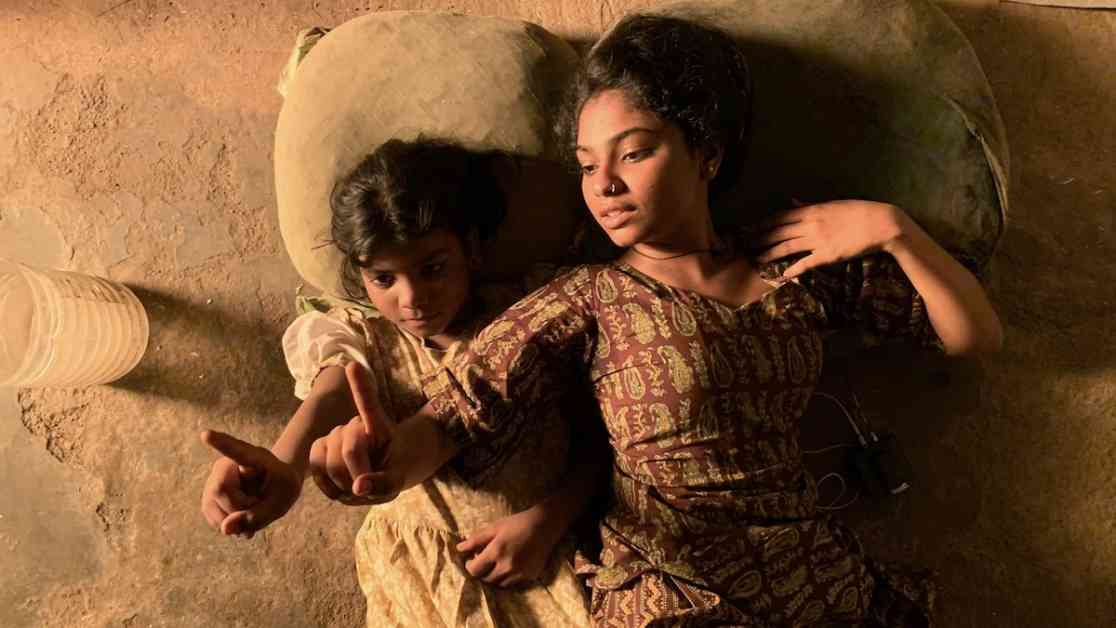In 2025, a 9-year-old girl named Sajda Pathan, rescued from the streets of Delhi by Salaam Baalak Trust, stars in a 21-minute Hindi film titled Anuja, nominated for an Academy Award in the Best Short Film (Live Action) category. Directed by Adam J. Graves and supported by industry heavyweights like Priyanka Chopra Jonas, Mindy Kaling, and Guneet Monga, Anuja sheds light on the harsh realities of child labor in India. The story follows Sajda’s character, Anuja, and her sister Palak, portrayed by Bharatnatyam dancer Ananya Shanbhag, as they navigate the challenges of poverty, hunger, and illiteracy in the slums of India.
Sajda’s journey from the streets to the silver screen is a testament to the transformative power of art and advocacy. Her director, Adam J. Graves, reveals the heartbreaking circumstances of her past, where she used to beg outside a temple before Salaam Baalak Trust intervened. This narrative of resilience and hope echoes the mission of the trust, founded by acclaimed filmmaker Mira Nair in 1988 after the release of her groundbreaking film, Salaam Bombay!
Anuja’s portrayal of a young girl’s struggle for education and freedom resonates with audiences worldwide, prompting reflections on the commodification of poverty in cinema. The film challenges the notion of poverty as a cinematic spectacle, urging viewers to confront the harsh realities faced by millions of children like Sajda. Through her performance, Sajda embodies the resilience and determination of marginalized communities, offering a glimpse into the untold stories of India’s urban poor.
As we anticipate the outcome of Anuja’s Oscar nomination, it is essential to recognize the role of storytelling in shaping social consciousness and driving meaningful change. The film’s success not only elevates Sajda’s voice but also amplifies the work of organizations like Salaam Baalak Trust in empowering vulnerable youth. By spotlighting the struggles of children like Sajda, Anuja challenges us to rethink our perceptions of poverty and privilege, urging us to take action towards a more equitable society.
The power of cinema lies in its ability to provoke empathy and spark dialogue on pressing social issues. Anuja’s narrative transcends borders, inviting viewers to reflect on the intersecting forces of poverty, education, and exploitation. As the film streams on Netflix, it serves as a poignant reminder of the resilience and spirit of children living on the margins of society. Sajda’s journey from the streets of Delhi to the red carpet of the Oscars symbolizes the transformative potential of art in illuminating hidden narratives and inspiring collective action.
In a world where poverty and inequality persist, Anuja stands as a beacon of hope and resilience, challenging us to confront uncomfortable truths and advocate for a more just and equitable future. As we witness Sajda’s ascent from anonymity to acclaim, we are reminded of the power of storytelling to bridge divides and elevate marginalized voices. Through Anuja, we are called to imagine a world where every child has the opportunity to realize their full potential and pursue their dreams. The legacy of Anuja extends far beyond the confines of a film; it is a testament to the enduring power of hope, courage, and compassion in the face of adversity.














